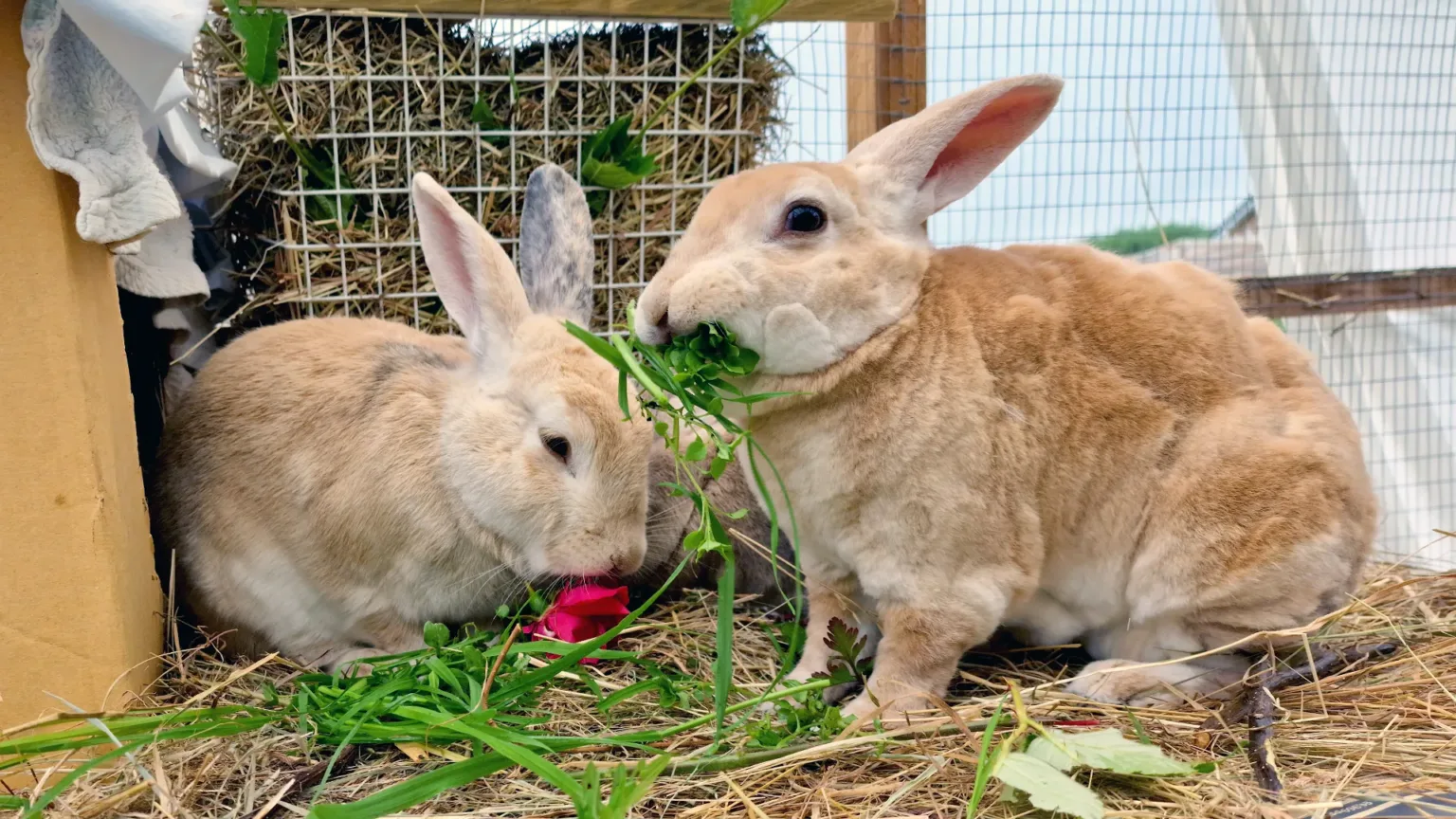When it comes to pets, we've all got questions
Ever feel like your pet is from another planet?

Like with all procedures, neutering rabbits comes with its risks, and these should be discussed with your small pet-savvy vet.
If you love rabbits, remember it’s best they live as a pair to keep them happy and healthy. The best mix is a male and female, but make sure they’re neutered or you’ll most likely end up with more than you expected! Male rabbits can be neutered from 3-4 months of age or as soon as their testicles have appeared. Females can be neutered from 4-6 months, depending on their size. As with all procedures, neutering has risks, which you should discuss with your small pet-savvy vet.
There are many benefits to neutering your pet rabbits. These include:
Going into a vet practice can be very stressful for pet rabbits. To help reduce this, you can take some of their bedding with them that has their scent, which can then be placed in the hospital cage.
Rabbits must have plenty of hay and fresh food available pre and post op. Some small species need to be starved for a certain amount of time, whereas rabbits must continue to eat to maintain their gut movement.
Once your rabbits return to their enclosure, it can be a good idea to offer a soft, warm area for them to rest. Using some towels and even a snuggle-safe heat pad placed within their enclosure can be ideal.
For the next 48 hours it is very important to monitor their toileting output and food intake, and you should also monitor their neuter site for any signs of infection, etc.
If you are concerned about your rabbits’ health, or have any other questions about your pet, please do not hesitate to contact us.